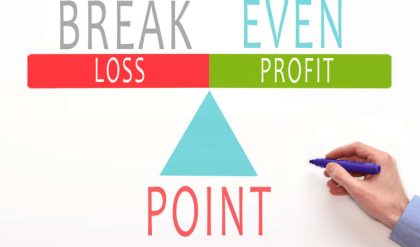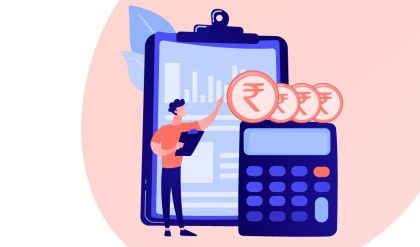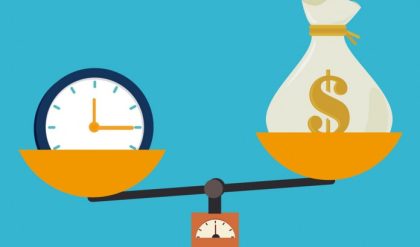Introduction Definitions and Basics
● Human Capital, from the Concise Encyclopedia of Economics
● To most people capital means a bank account, a hundred shares of IBM stock, assembly lines, or steel plants in the Chicago area. These are all forms of capital in the sense that they are assets that yield income and other useful outputs over long periods of time.
● But these tangible forms of capital are not the only ones. Schooling, a computer training course, expenditures of medical care, and lectures on the virtues of punctuality and honesty also are capital. That is because they raise earnings, improve health, or add to a person’s good habits over much of his lifetime. Therefore, economists regard expenditures on education, training, medical care, and so on as investments in human capital. They are called human capital because people cannot be separated from their knowledge, skills, health, or values in the way they can be separated from their financial and physical assets….
In the News and Examples
● Dan Pink on How Half Your Brain Can Save Your Job. Podcast on EconTalk, June 11, 2007.
● Author Dan Pink talks about the ideas in his book, A Whole New Mind: Why Right-Brainers Will Rule the Future. He argues that the skills of the right side of the brain—skills such as creativity, empathy, contextual thinking and big picture thinking—are going to become increasingly important as a response to competition from low-wage workers overseas and our growing standard of living….
● Weinberger on Everything is Miscellaneous and the Wonderful World of Digital Information. Podcast on EconTalk, June 18, 2007.
● Author David Weinberger, a fellow at Harvard’s Berkman Institute for Internet and Society, talks with EconTalk host Russ Roberts about the ideas in his latest book, Everything is Miscellaneous: The Power of the New Digital Disorder. Topics include the differences between how we organize and think about physical and digital information, the power of the internet to let us consume information in unique and customized ways and the implications for retailing, politics and education….





